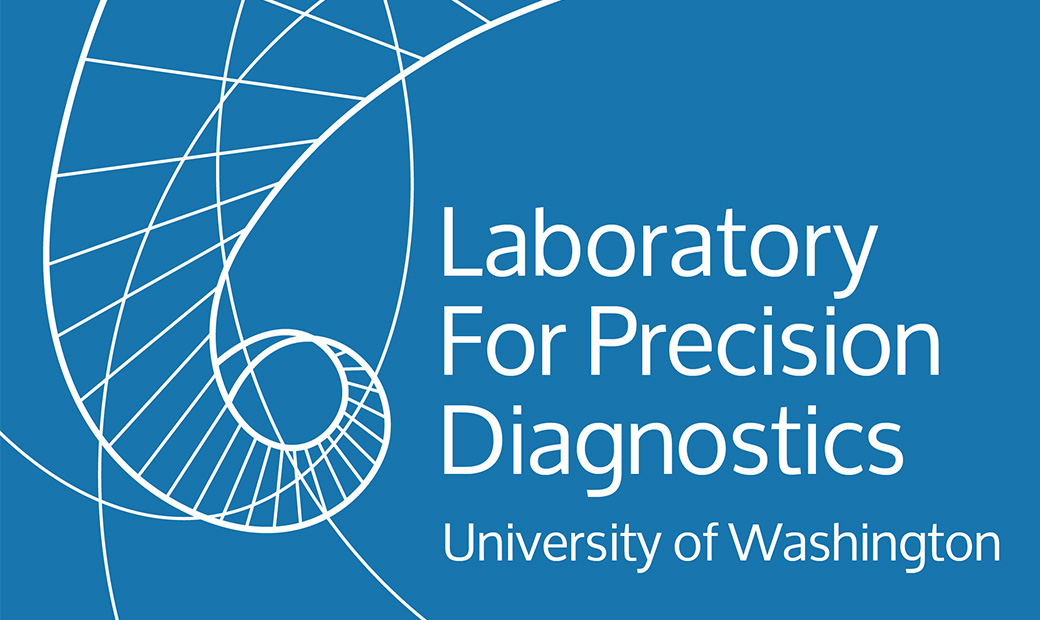Test Guide
This droplet digital PCR (ddPCR) test is most often used to test family members for deletions or duplications initially detected by chromosomal microarray analysis (CMA) or another test method. It is a less expensive option than CMA. ddPCR allows for detection of deletions and duplications that are too small to be seen using FISH or CMA. ddPCR also targets only the deletion or duplication of interest. This avoids the possibility of incidentally detecting a different copy number variant.
Methodology
Genomic DNA extracted from the patient sample is amplified by fluorescence based PCR. Before the amplification, the PCR sample is partitioned into 20,000 droplets using Bio-Rad QX200 droplet generator. After amplification, droplets containing target sequence are detected by fluorescence and scored as positive, and droplets without fluorescence are scored as negative, using Bio-Rad QX200 droplet reader and QuantaSoft Software. Poisson statistical analysis (built in QuantaSoft™ Software) of the numbers of positive and negative droplets yields absolute quantitation of the target sequence. CN can be determined by comparing the concentration of the target and reference genes/regions (RPP30). Additional details about this assay can be found at: http://www.bio-rad.com/webroot/web/pdf/lsr/literature/Bulletin_6407.pdf
Limitations of the test: Droplet digital PCR (ddPCR) is performed for the sole purpose of identifying targeted genomic copy number gains (duplications or amplifications) and copy number losses (deletions) of the regions being interrogated. ddPCR will not detect low-level mosaicism (<20%). ddPCR will not detect imbalances in the genome outside of the interrogated regions or other types of genomic alterations (e.g. point mutations). The failure to detect a CNV at the regions being interrogated does not rule out other types of genomic abnormalities that may be responsible for the clinical phenotype.
Specimen Requirements
Sample Types:
- Peripheral Blood: 3-4 ml in EDTA (lavender top vacutainer). Keep at room temperature.
- Cord Blood: 1-2 ml in EDTA (lavender top vacutainer). Keep at room temperature.
- Products of Conception and Fetal Tissue: If identifiable tissue in products of conception, send chorionic villi. If material is small and unidentifiable, send entire sample. For stillbirths, send fascia lata, lung, or kidney if possible. Fresh tissue: 30-50mg in sterile transport media containing antibiotics (e.g. Alpha-MEM media, RPMI) or two T-25 flasks 80-90% confluent. Keep refrigerated. Frozen (-20 degrees) tissue: 30-50 mg. Remove media before freezing. Keep frozen (-20 degrees) during transport. FFPE tissue: Please send curls or slides if possible. Contact lab if block is the only option. If sample is mixed maternal and fetal, send 10 unstained 10μm FFPE slides and one image of an H&E stained slide that has the area of villi marked. If sample is entirely fetal, send 10 x 10μm curls in two 1.5 mL tubes (5 per tube). Send at 20-25°C and protect from excessive heat.
- Amniotic Fluid: 15-20ml of amniotic fluid OR two T-25 flasks that are 80-90% confluent. Keep at room temperature.
- Chorionic Villi: Two T-25 flasks that are 80-90% confluent. Contact lab about testing of direct uncultured villi. Keep at room temperature.
- DNA: 2 micrograms (minimum 1 microgram) at a concentration of 50 nanograms per microliter (or higher), suspended in water. Keep at room temperature. We can only accept DNA isolated in a CLIA-certified laboratory or a laboratory meeting equivalent requirements as determined by the College of American Pathologists and/or the Centers for Medicare and Medicaid Services.
- Saliva: 0.5mL in Oragene•ONE(ON-500) Collection Kit. Keep at room temperature.
Special Instructions
Return of Results: Results will be faxed to the number(s) provided on the test requisition form.
Turnaround Time: 3 weeks from receipt of adequate sample.
- For prenatal testing, add 2-3 weeks if sample needs to be cultured (more likely if gestational age <18 weeks).
- Bloody or discolored amniotic fluid samples or amniocyte cell pellets with blood cells present will be cultured to reduce the risk of maternal cell contamination.
How to Order
Please follow these steps:
Test kits and return shipping are available, as needed. Please call 206-598-8684 to request kits.
1. Complete CGL Constitutional Test Request Form, including billing information.
2. Collect sample.
3. Deliver to Clinical Genomics Laboratory as soon as possible. Samples are accepted Monday through Friday.
Ship sample overnight to:
Clinical Genomics Laboratory
University of Washington Health Sciences Building
Room H-561
1959 NE Pacific St
Seattle, WA 98195
Note: Orders cancelled after they have been submitted will incur a prorated charge based on the work that has been completed as of the time of cancellation.
Prior Insurance Authorization: When this is required by a patient’s insurance plan, we can do it for you. Download and complete the CPDx INSURANCE VERIFICATION FORM.
CPT Code & Cost
81479$ Please call the lab at (206) 598-8684 for pricing.
